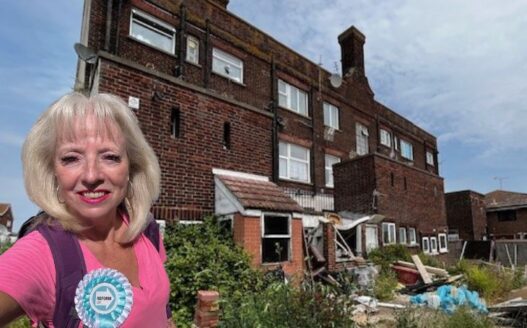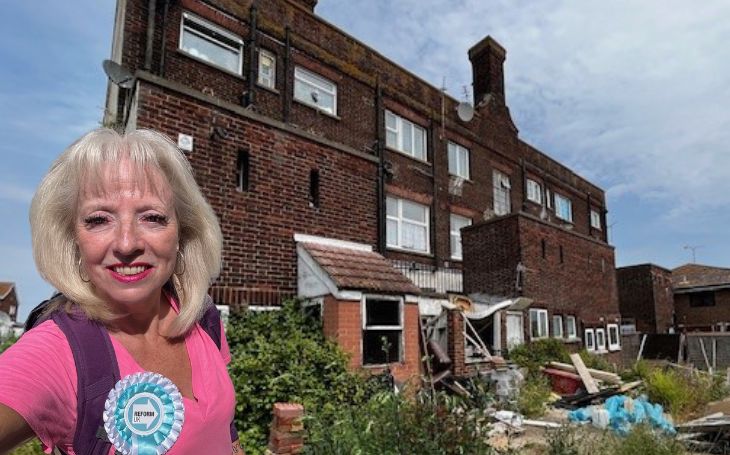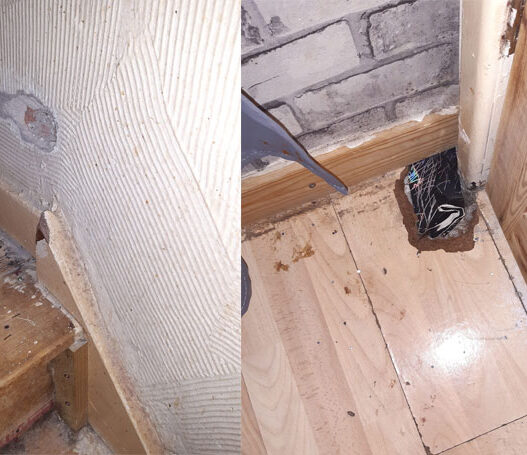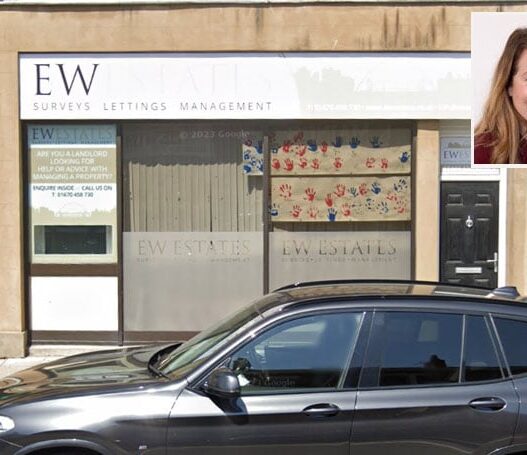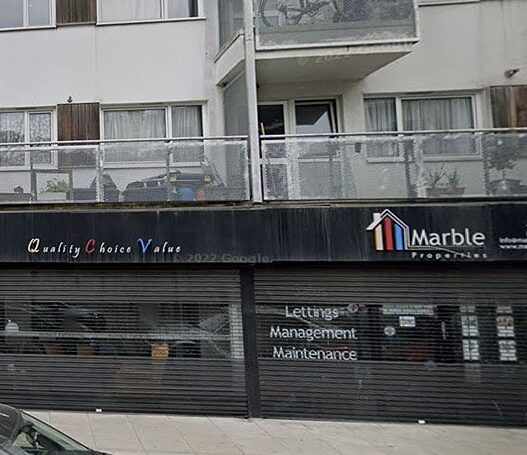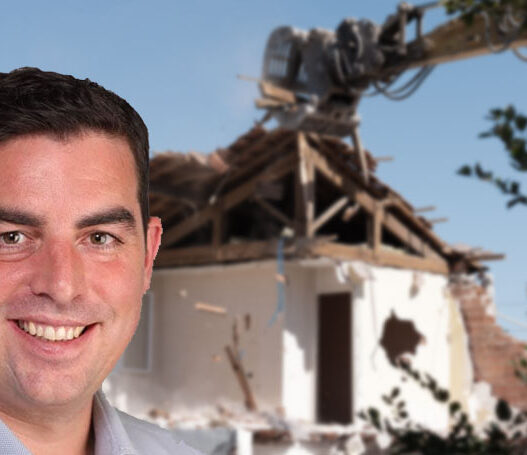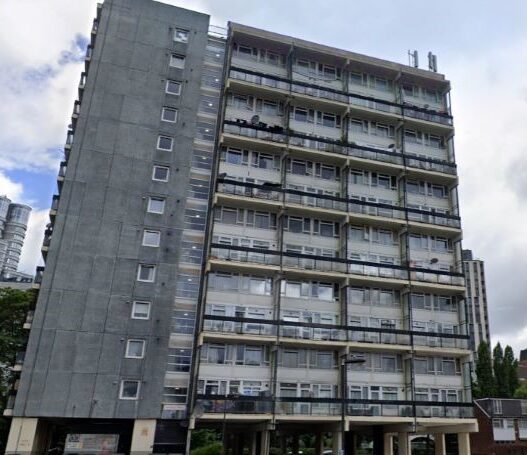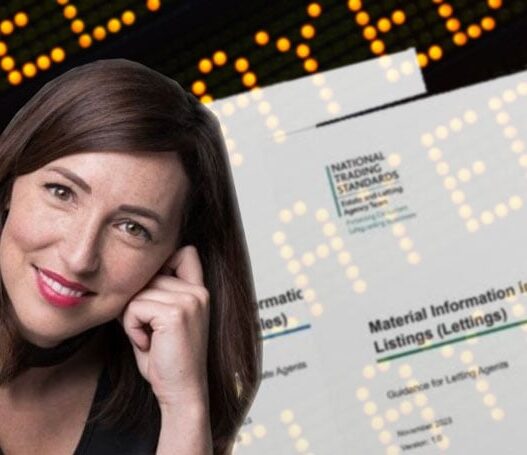Maxine Fothergill, owner of property management company Amax Estates and former chair of ARLA, is appealing Medway Council's decision to impose council tax on two properties that have been left uninhabitable for more than 20 years. It was successful.
The victory, which came after months of legal battles and a magistrate's court summons, is a significant result for Maxine, but also for other landlords who may be facing inflated council tax collections. This is a very important result.
The case involves two adjoining two-bedroom ground floor apartments in Rochester that Maxine purchased in June 2023, which she planned to renovate. It had been left in a severe state of disrepair due to water and sewage infiltration from the defective balcony walkway above.
 Despite these properties being uninhabitable, Medway City Council initially argued that the additional amount should be paid because the properties had been vacant for several years, before increasing the demand by 300%. He demanded full payment of council tax.
Despite these properties being uninhabitable, Medway City Council initially argued that the additional amount should be paid because the properties had been vacant for several years, before increasing the demand by 300%. He demanded full payment of council tax.
Maxine represented herself through a lengthy legal process and appealed to England's Valuation Tribunal, arguing that the flat was uninhabitable and beyond reasonable repair. Extensive damage included collapsed ceilings, damaged floor joists, wet and dry rot, missing window frames, and stolen wiring and plumbing. Additionally, as the property had been vacant for many years, plants were growing on the property.
Landmark judgment in PRS
On 23 December 2024, the Valuation Tribunal ruled in Maxine's favor and ordered the property to be removed from the council tax assessment list retrospectively from the date of purchase. The court concluded that the apartment could not be reasonably repaired due to ongoing structural problems caused by defects in the balcony walkway.
The judgment highlights the growing problem of council tax on uninhabitable properties, particularly properties affected by long-term structural damage that prevents it from being used as a dwelling, and provides councils with the ability to ensure that property owners are not unfairly levied. This will serve as a warning. .
This decision sets a precedent for others in similar situations who have been unfairly taxed on their properties. ”
Maxine commented: I was very relieved that my complaint was heard and acknowledged. These properties have been in a state of disrepair for decades and I should not have been responsible for council tax on uninhabitable buildings. This decision sets a precedent for others in similar situations who are unfairly taxed on blighted properties. ”
This success follows last year's decision to no longer require units in multi-occupation homes (HMOs) to be reclassified as single-family dwellings for council tax purposes.









